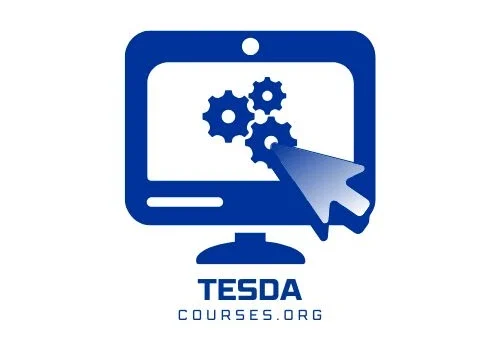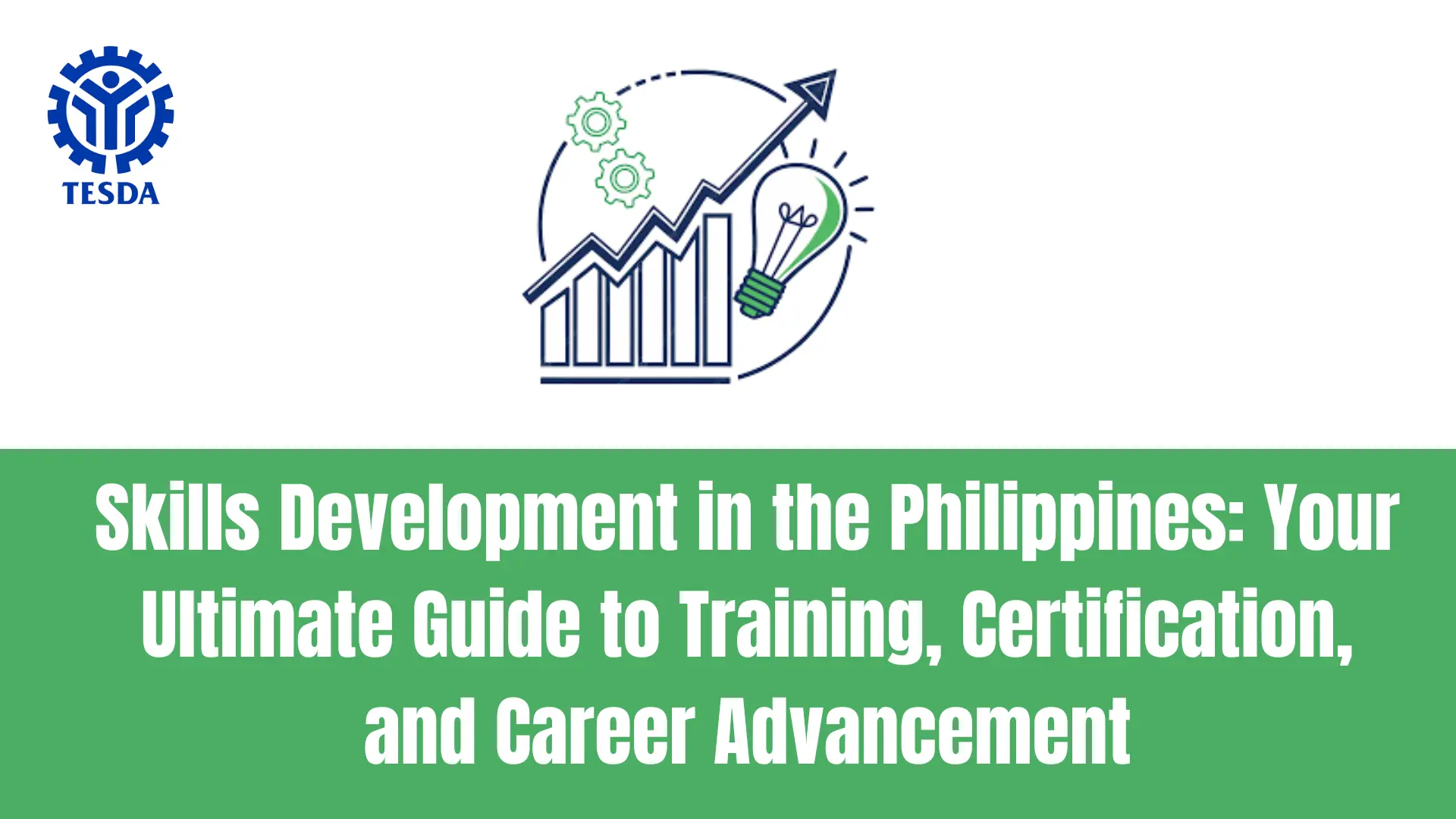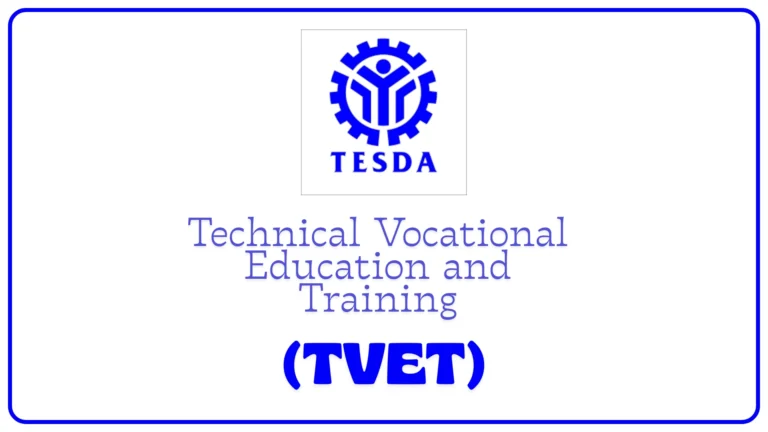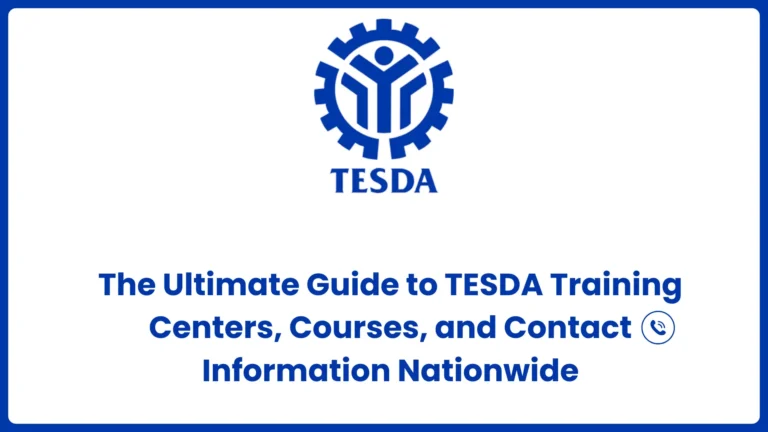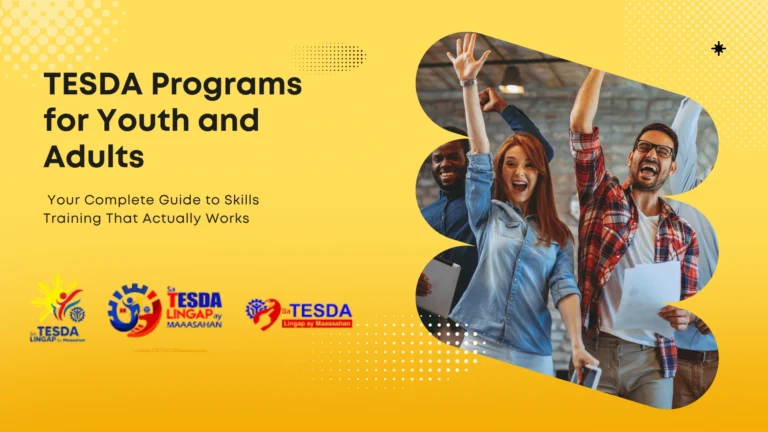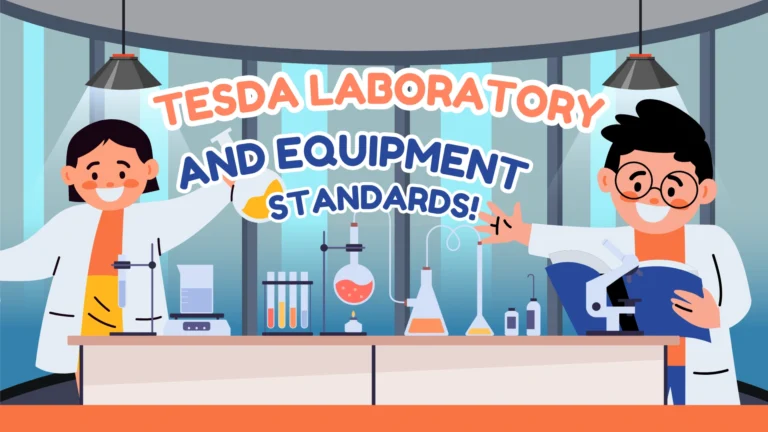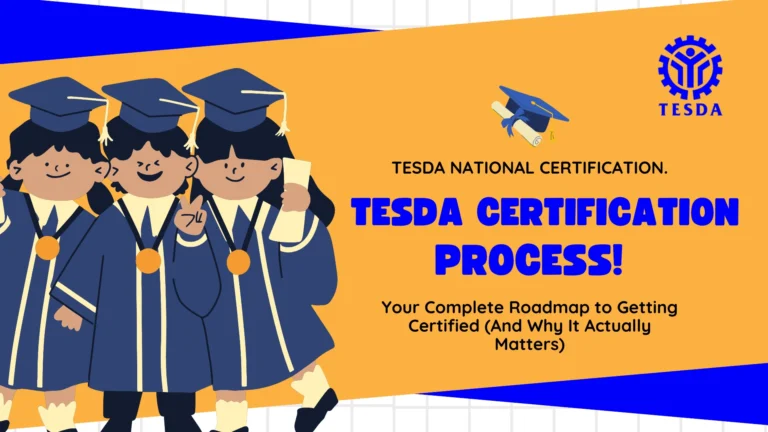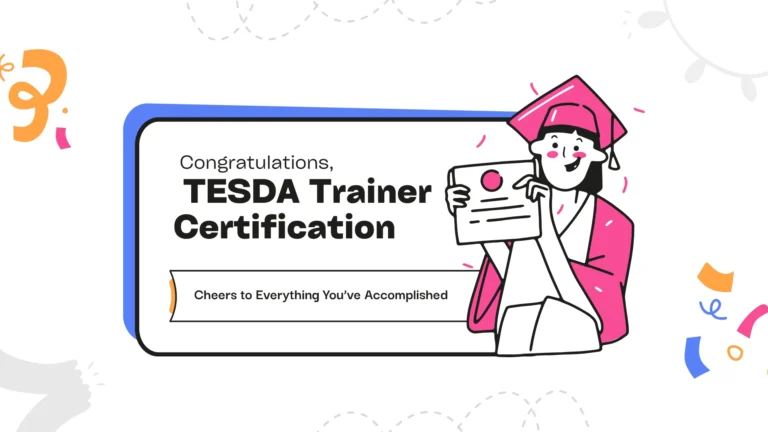Skills Development in the Philippines: Your Ultimate Guide to Training, Certification, and Career Advancement
Are you looking for Skills Development in the Philippines? In the 21st-century global economy, a nation’s most valuable currency is no longer just natural resources or capital—it is the skills of its people. The Philippines, with its young, dynamic, and English-speaking population, is uniquely positioned to thrive in this new landscape. However, this potential can only be fully realized through a relentless focus on skills development—the continuous process of acquiring, enhancing, and updating the competencies needed to succeed in the modern workplace.
The term “training Philippines” encompasses a vast and vibrant ecosystem of opportunities, from formal management training courses near me to specialized certifications that open doors to new careers. Whether you’re an aspiring leader seeking to climb the corporate ladder, a professional looking to pivot into a high-demand field like bookkeeping or fitness, or a graduate aiming to perfect your English proficiency for a call center career, the pathways for growth are abundant.
This definitive pillar guide serves as your central hub for navigating the world of professional and personal development in the Philippines. We will provide a strategic overview of the skills training programs available, then dive deep into specific, high-value certifications. You will learn the exact steps on how to become a certified bookkeeper in the Philippines, including how to prepare for the certified bookkeeper exam. We will break down the fitness trainer qualifications needed for a personal trainer certification, and identify the best English proficiency course in the Philippines.
We will explore the structures that support this growth, from government-led skill development training initiatives to the expanding world of online masters degree courses in the Philippines that allow professionals to study while they work.
Consider this your roadmap to a more skilled, confident, and prosperous future. Your journey to becoming more competitive, relevant, and valuable in the job market begins with a single decision to invest in yourself. Let’s explore how.
Details About Skills Development in the Philippines
The Philippine Skills Development Ecosystem: A Multi-Layered Approach
Skills development in the country is not a monolithic entity but a collaborative effort between various sectors:
- Government-Led Initiatives (The Backbone):
- TESDA (Technical Education and Skills Development Authority): The primary agency tasked with spearheading skills development training. It provides technical-vocational education, develops competency standards, and offers scholarships for millions of Filipinos.
- Other Agencies: The Civil Service Commission (CSC) offers training for government employees, while the Department of Information and Communications Technology (DICT) runs digital literacy programs.
- Private Training Institutions (The Engine):
- Thousands of private companies and training ph providers offer specialized courses, from management training to IT certifications. These are often highly responsive to industry trends.
- The Corporate Sector (The Laboratory):
- Progressive companies invest heavily in education and skill development for their employees through in-house training, workshops, and subsidies for external courses to build a more capable workforce.
- Academic Institutions (The Foundation):
- Universities and colleges are increasingly offering online masters philippines programs and executive education to provide advanced skill development for working professionals.
Deep Dive 1: The Path to Financial Expertise – How to Become a Certified Bookkeeper
The field of finance offers stable, well-compensated, and high-demand careers. Becoming a certified bookkeeper is a premier pathway into this world.
What is a Certified Bookkeeper?
A certified bookkeeper is a professional who has demonstrated a standardized level of competency and expertise in maintaining financial records, managing accounts payable and receivable, reconciling bank statements, and preparing basic financial reports. Certification validates your skills to employers and clients.
How to Become a Certified Bookkeeper in the Philippines: A Step-by-Step Guide
Step 1: Fulfill the Educational Prerequisite
- The foundational step is to complete a relevant bookkeeping course philippines. The most recognized program is Bookkeeping NC III offered by TESDA-accredited institutions nationwide. This provides the essential practical and theoretical knowledge.
Step 2: Gain Practical Experience
- While you can take the exam after training, most certification bodies highly recommend gaining 1-2 years of practical work experience in bookkeeping or accounting. This solidifies your learning and prepares you for real-world scenarios tested in the exam.
Step 3: Prepare for the Bookkeeping Exam
- The certified bookkeeper exam philippines is a comprehensive test that assesses your knowledge in key areas like accounting concepts, journal entries, payroll, and taxation.
- Review: Enroll in a review center or purchase self-study materials specifically designed for the bookkeeping exam.
- Practice: Complete as many practice exams as possible to familiarize yourself with the format and time pressure.
Step 4: Choose Your Certification and Take the Exam
- There are multiple paths to bookkeeping certification philippines:
- TESDA National Certificate (NC): After completing the Bookkeeping NC III course, you must pass a competency assessment conducted by a TESDA-accredited assessment center. This grants you a National Certificate (NC), a government-recognized credential.
- International Certifications: For global recognition, you can pursue certifications like the Certified Bookkeeper (CB) designation from the American Institute of Professional Bookkeepers (AIPB) or others. These often have their own exam protocols.
Step 5: Maintain Your Certification
- Most certifications require continuing professional education (CPE) credits to ensure you stay updated with the latest laws, regulations, and technologies in finance.
Deep Dive 2: Building a Career in Fitness – Personal Trainer Certification
The health and wellness industry is booming. Turning a passion for fitness into a profession requires proper certification.
Fitness Trainer Qualifications and Pathways
The core fitness trainer qualifications include a strong foundation in anatomy, physiology, exercise science, and practical coaching skills.
How to be a fitness instructor in the Philippines:
- Complete a Foundational Course: Enroll in a basic fitness instructor course or a gym instructor training course. TESDA offers a Fitness Exercise NC II program, which is an excellent starting point and a common requirement for gym employment.
- Obtain CPR and First Aid Certification: This is a non-negotiable requirement for any credible fitness professional.
- Pursue a Specialized Personal Trainer Certification: For a personal trainer certification philippines, look for programs from internationally recognized organizations that have local affiliates or exam centers, such as:
- American Council on Exercise (ACE)
- National Academy of Sports Medicine (NASM)
- International Sports Sciences Association (ISSA)
- These involve rigorous fitness instructor training courses and a final exam.
- Gain Experience: Start by working at a gym, offering free sessions to build your portfolio, or shadowing an experienced trainer.
- Consider a Bachelor’s Degree (Optional): For those aiming for the highest levels (e.g., strength and conditioning coaching), a degree in Physical Education, Sports Science, or a related field is advantageous.
Deep Dive 3: Mastering Global Communication – English Proficiency Training
English proficiency is arguably the single most impactful skill for career advancement in the Philippines, especially in the global-facing BPO and outsourcing industry.
The Value of an English Proficiency Course
An English proficiency course philippines does more than just teach grammar; it builds confidence in speaking, writing, listening, and comprehension, which is crucial for roles in call centers, multinational corporations, and for those seeking overseas opportunities.
Options for Training:
- Traditional Language Schools: Many institutes specialize in English language course in Philippines programs, offering classroom-based learning.
- Online Training: English proficiency training online offers flexibility. Many platforms provide interactive lessons with native speakers.
- TESDA Programs: TESDA offers English proficiency training philippines through various programs focused on communication skills for employment.
- Call Center Academies: Many school for call center training institutions have integrated, intensive English language proficiency course modules as the core of their call center training module philippines.
Deep Dive 4: The BPO Launchpad – Call Center Training
The BPO industry remains a major employment driver. Specific training can drastically increase your hiring chances.
What to Look for in a School for Call Center Training:
A good program’s call center training online or in-person curriculum should cover:
- Accent Neutralization: Softening strong local accents for clear international communication.
- Communication Skills: Active listening, proper phrasing, and customer interaction etiquette.
- Product and Process Training: Simulating the actual tasks of a call center agent.
- Cultural Familiarization: Understanding the culture of the primary markets (e.g., North America, Australia).
- Stress Management: Building resilience to handle a fast-paced and sometimes challenging work environment.
Frequently Asked Questions (FAQ)
Q: I’m a working professional. Where can I find “management training courses near me”?
A: Search for executive education programs offered by top business schools in your city (e.g., AIM, UA&P, DLSU). Many also offer online masteral class philippines options. Also, check platforms like Coursera and LinkedIn Learning for specific leadership courses you can take remotely.
Q: Is there government support for skills development training?
A: Yes. TESDA is the largest provider, offering thousands of scholarship slots for a wide array of technical and service-oriented courses. Regularly check the TESDA website or visit your local TESDA office to inquire about available skills training programs.
Q: What’s the difference between a TESDA NC and an international certification?
A: A TESDA NC is a national credential, highly valued by local employers and for overseas jobs that recognize Philippine standards. An international certification (e.g., for bookkeeping or personal training) is issued by a global body and may be required for roles with international companies or for working abroad in certain countries. They often complement each other.
Q: How do I know if a training provider is legitimate?
A: For technical courses, always verify TESDA accreditation. For other certifications, check if the provider is affiliated with the international certifying body. Read reviews and ask for testimonials from past students.
Q: Are online masters degrees from Philippine schools respected?
A: Yes, especially when offered by reputable and accredited universities. The key is to ensure the institution is recognized by the Commission on Higher Education (CHED). Online masters degree courses philippines from established schools are now widely accepted by employers.
Conclusion: Your Future is a Skill Waiting to Be Learned
The pursuit of skills development is the most reliable investment you can make in yourself. In a world of constant change, your skills are your permanent assets. They cannot be taken away, they appreciate with use, and they open doors that credentials alone cannot.
This guide has provided you with a map—from understanding the broad ecosystem of training Philippines to navigating the specific paths toward becoming a certified bookkeeper, a personal trainer, a proficient English communicator, or a call center professional.
The knowledge of how to be a certified bookkeeper in the Philippines or the requirements for a fitness instructor certification is now in your hands. The power to choose your skill development training path is yours.
Your next step is action. Identify the skill that will most accelerate your career, research the best providers, and take that first decisive step toward enrollment. Your future self will thank you for the investment you make today. Remember, in the economy of the future, you are your own most valuable business. It’s time to invest in your upgrade.
